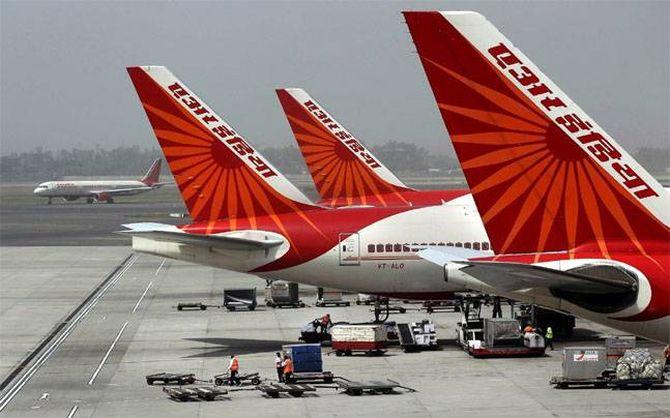Officials said there had been no official word or indication from the top yet. The expectation from officials is to do what they can, but it is understood that all fiscal and budgetary targets don’t matter anymore.

The central government has kept aside its budgetary targets as parts of India have gone into an unprecedented lockdown due to the covid-19 pandemic.
The revised fiscal deficit target for 2019-20, of 3.8 per cent of gross domestic product, will not be met due to an expected shortfall in tax and divestment revenues, as the economy grinds to a near halt.
In fact, the divestment shortfall could be as much as Rs 15,000 crore, compared with the revised estimates of Rs 65,000 crore, Business Standard has learnt.
Even for the coming year, the Centre is expecting divestment work and tax revenue collections to be hit for the April-June quarter. No one in the government is making any predictions beyond that, given the ever changing situation.
“We are not even thinking about the fiscal targets now. Whatever can be done for March will be done. For the first (April-June) quarter as well, the outlook does not seem so good. There is no clarity beyond that yet,” said a senior government official. The official confirmed that the fiscal deficit target was likely to be missed.
“The government’s aim, in terms of divestment, is to get money from the completed transactions. No new transaction is being carried out,” said a second government official.
This means that the planned initial public offering of IRFC, and the planned Rs 8,000-crore sale of the Centre’s stake in ITC and Axis Bank through Specified Undertaking of Unit Trust of India has been put on hold.
The only proceeds that the Centre will get will be from the acquisition of THDC and NEEPCO by NTPC, and a few buybacks. From the former deal, the Centre expects around Rs 12,000 crore.
“We will touch around Rs 50,000-51,000 crore,” the second official said.
Sources said the planned strategic sales of Air India, Bharat Petroleum, Container Corp and Shipping Corp would also be delayed. All work on these seems to have stopped now.
“When the Indian and global economic situation improves, and nobody knows when that will be, these processes will be resumed,” the first official said.
Equity market crumbled on Monday as stocks across the board fell like ninepins after India went into the lockdown to contain the spread of COVID-19 pandemic.
In the early deals, trading was once again halted for 45 minutes as the Sensex hit a lower circuit limit of 10 per cent. The sell-off continued when the trading resumed.
It was the second instance of trading halt in the Indian market in a span of 10 days. In March 13, Nifty hit lower circuit in the opening deals for the first time since May 2009.
Officials said there had been no official word or indication from the top yet. The expectation from officials is to do what they can, but it is understood that all fiscal and budgetary targets don’t matter anymore.
Earlier this month, it was reported that the collection of advance tax paid by corporate houses fell over 10 per cent during April-March 15 of 2019-20. This decline, after the deadline of the fourth instalment ended on March 15, could lead to a revenue shortfall of at least Rs 35,000 crore in the total direct tax collections of the current fiscal year.
Even the tax settlement resolution scheme, Vivaad Se Vishwas, may not help shore up coffers due to the COVID-19 pandemic that has halted all outreach programmes by the income-tax department.
Given the demand and consumption slowdown across sectors even before the pandemic hit, Finance Minister Nirmala Sitharaman had, in her 2020-21 Union Budget speech, invoked the escape clauses in the Fiscal Responsibility and Budget Management Act to revise the 2019-20 fiscal deficit target to 3.8 per cent of GDP from 3.3 per cent. For 2020-21, the target is 3.5 per cent.












 © 2025
© 2025